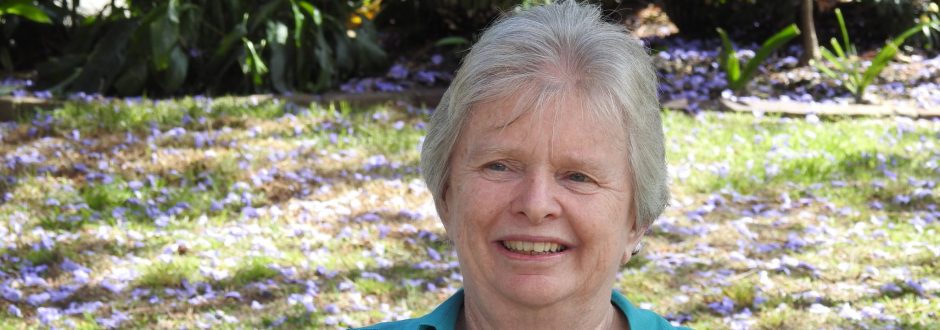Every person who seeks to live from a belief in the goodness of humanity has a vocation, writes Good Samaritan Sister Clare Condon.
BY Clare Condon SGS
Within the Catholic Church, the topic of vocation often focuses on the priesthood and religious life. Marriage, family and single life, or one’s chosen work, tend to be discussed as an afterthought. When I Googled “vocation in the Catholic Church”, my hunch was confirmed.
This imbalance in the understanding of vocation is actually contrary to the teachings of the Second Vatican Council. The Council emphasised that the vocation to live the Christian life in its fullness comes from our baptism into the community. The Church belongs to all the baptised, that is, to all the faithful. Everyone is called to live the Gospel message of Jesus; it’s not the prerogative of a few.
During the Catholic Church’s National Vocations Awareness Week (August 5-12), I was visiting Good Samaritan Sisters in Western Australia. During this time, I was challenged to reflect on my own vocation as a religious sister within the Benedictine tradition and the vocation of many of the people I encountered.
I found myself thinking about a much broader understanding of vocation beyond Church which encompassed a range of people choosing a direction in life regardless of their religious beliefs. It seems to me there is a divine factor somehow influencing the vocational choice of many people.
Most of the Good Samaritan Sisters in Western Australia live and work in rural and remote areas. I was impressed by their collaboration with lay leaders who work in equal partnerships with them. The vocation of their colleagues is esteemed and appreciated. The identity of the religious sisters and that of their associates is clear and affirmed in the quality of their relationships and the outcome of their combined efforts. I noticed a great respect for the dignity of one another.
In one rural community, the sister partners equally with an Aboriginal elder in ministering to the Indigenous community in the district. Together, with the support of the local community, they have established a place for the Indigenous people to gather at the heart of the town, a community garden and an incentive program which encourages the children to attend school on a regular basis. There is mutual respect and joint effort.
In another location, the Good Samaritan Sister is a prison chaplain who works alongside prison staff and prisoners. By listening to the stories of the prisoners, she, along with others, is a face of a compassionate and caring God. At a remote detention centre for unaccompanied minors, mainly young Islamic men, when the staff spoke to me of their work, I was struck that they too had a vocation to attend to the needs of these vulnerable people.
In small outback communities where distance and isolation are constants, everyone needs to pull together or life could be unbearable. As I have observed it, when the leaders of different faiths and the people of the local civil society work together for the good of the whole community, something vibrant occurs.
As time with my Sisters in Western Australia drew to a close, I came to the conclusion that the notion of vocation within the Christian context needs to be broadened. Every person who seeks to live from a belief in the goodness of humanity has a vocation. By narrowing this notion of vocation into specific Church groups, we limit our capacity to understand and appreciate the great gift that life can be, and the grace that every human person has been given by God.
